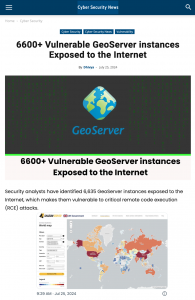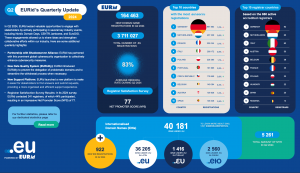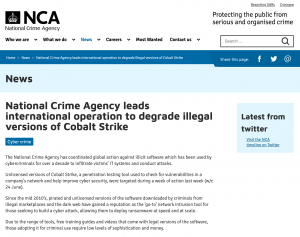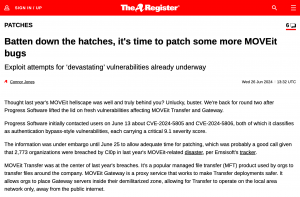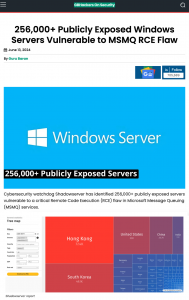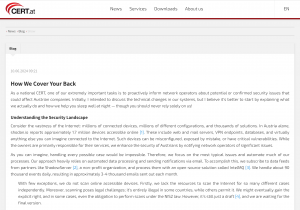CERT.at, June 10, 2024
As a national CERT, one of our extremely important tasks is to proactively inform network operators about potential or confirmed security issues that could affect Austrian companies.
As you can imagine, handling every possible case would be impossible. Therefore, we focus on the most typical issues and automate much of our processes. Our approach heavily relies on automated data processing and sending notifications via email. To accomplish this, we subscribe to data feeds from partners like ShadowServer. Our partners who conduct scans ensure they do so legally and non-intrusively, typically operating their servers in countries where scanning isn’t prohibited. This is the approach chosen by ShadowServer, our main data source.
If we don’t scan, what exactly is our role? Simply put: we inform YOU.
Over the past year, we developed a process that includes regular meetings of representatives from all involved teams. This new process and a one-time review of existing sources resulted in a significant increase in the types of issues we process. For our main provider, ShadowServer, we doubled the number of processed feeds in the last year, currently supporting about 70 of their feeds.


